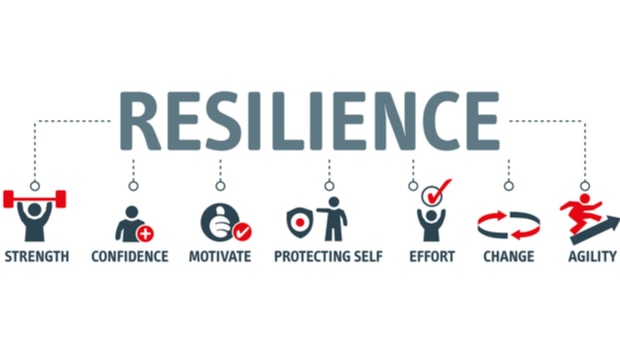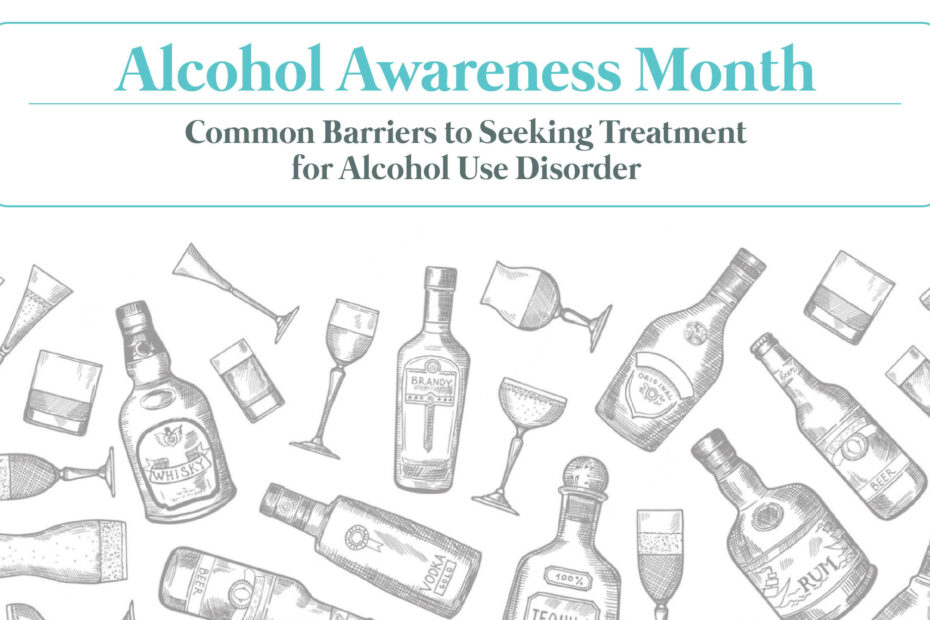Did you know that eating disorders have the second highest mortality rate of any mental illness, and yet they are often misunderstood or dismissed as a lifestyle choice rather than a serious medical condition? National Eating Disorders Awareness Week aims to change that by raising awareness about the prevalence and impact of eating disorders, and promoting early intervention and effective treatment options.
Understanding Eating Disorders: Eating disorders are complex mental health conditions that can affect anyone, regardless of age, gender, or background. Some common eating disorders include anorexia nervosa, bulimia nervosa, and binge eating disorder. It’s important to recognize the signs and symptoms of eating disorders, such as obsessive thoughts about food and weight, extreme changes in weight or eating habits, and avoidance of social situations that involve food. If you or someone you know is struggling with an eating disorder, it’s important to seek professional help from a qualified healthcare provider.
- Signs and symptoms of eating disorders
- Different types of eating disorders
- Importance of seeking professional help
Promoting Body Positivity: One of the biggest risk factors for developing an eating disorder is negative body image. In a society that often values thinness over health and wellness, it can be difficult to maintain a positive body image. During National Eating Disorders Awareness Week, it’s important to promote body positivity and self-acceptance, regardless of size or shape. Some ways to promote body positivity include:
- Focus on your strengths and positive qualities
- Surround yourself with supportive and positive people
- Engage in activities that bring you joy and make you feel good about yourself
Building a Healthy Relationship with Food: Eating disorders often involve a dysfunctional relationship with food, characterized by rigid rules, guilt, and shame. Building a healthy relationship with food involves cultivating a balanced and flexible approach to eating that focuses on nourishing your body and enjoying food without judgment or restriction. Some tips for building a healthy relationship with food include:
- Eat a variety of foods from all food groups
- Practice mindful eating, which involves paying attention to your hunger and fullness cues and savoring the taste, texture, and aroma of food
- Seek support from a registered dietitian or nutritionist to develop a personalized and sustainable meal plan that meets your individual needs and preferences.




